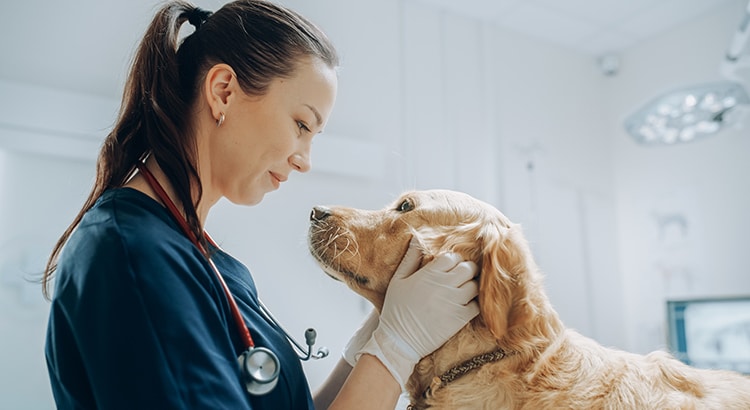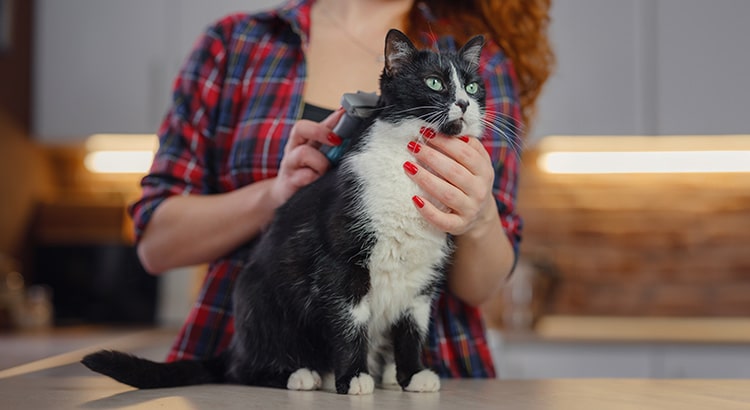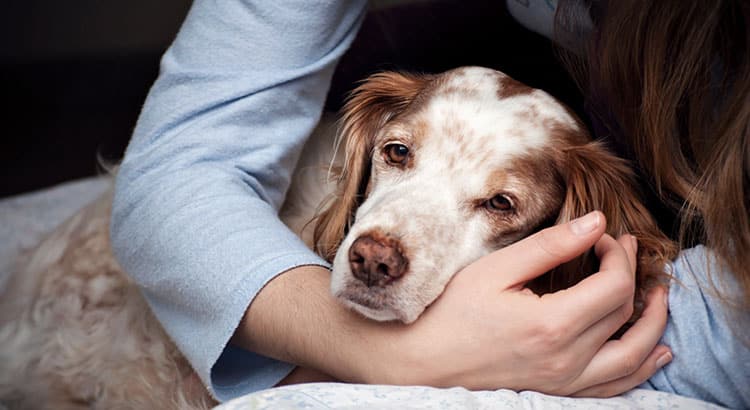
Pet parents may be struggling with restless nights due to their dog not sleeping and keeping the family awake. This can cause stress within the dynamics of the home, disrupting the peace. Through the personal experience of being up the last two nights with my 19-year old dachshund, I felt it necessary to research why my pet has not been able to be soothed back to sleep. It seems as though offering all things is not settling to him including water, food, a potty break, covering him up, and even his small dose of a vet prescribed pain medication he receives at 9 p.m.
There are dozens of causes for disturbances to the canine sleep-wake cycle. These causes lead to the dog not sleeping, frequently waking up throughout the night whining, restless, crying, barking, and pacing. When the nighttime ritual of trying to get your pup back to sleep has run its course, you bear the frustration of yet another sleepless night. When your pup is finally ready to settle down at 9 a.m., it is now time for you to head out the door for your full, exhausting day of work.
According to PetMD, dogs sleep 12 to 14 hours a day. So, what are some of the causes that are keeping pups up at night and wreaking havoc on overnight sleep for the family? There are many.
Common Causes of Sleep Disturbances in Dogs
In the event your pet is having trouble sleeping, your primary veterinarian’s office will likely be closed. Pin Paws offers pet benefits that include a membership to whiskerDocs, 24/7 pet telehealth. This gives you access to a vet specialist by phone, chat, or email any time of day, any day of the year. With this benefit, you and your pet have better chances of counting sheep together and dozing off into la-la land.
For more information on our pet benefits, contact Pin Paws at (888) 918-2386.




